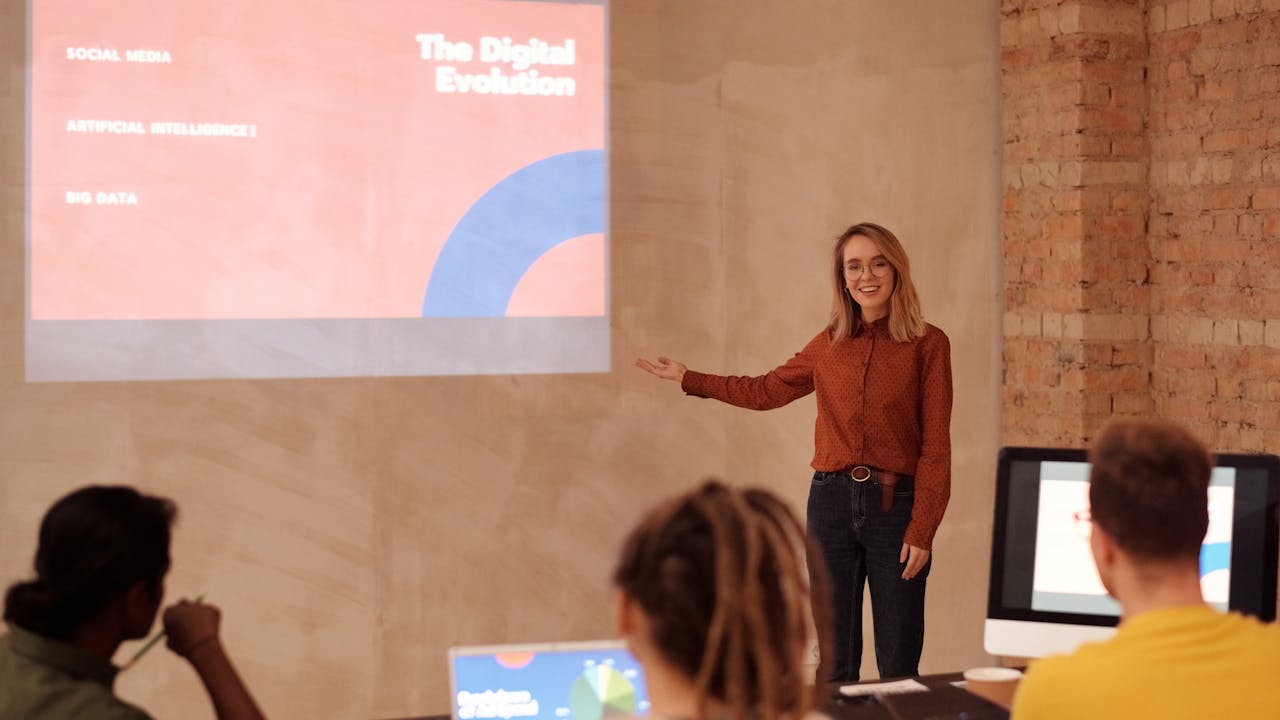In the realm of education, project-based learning (PBL) has emerged as a dynamic and student-centered approach that emphasizes real-world application, collaboration, and inquiry. By engaging students in authentic, hands-on projects, PBL fosters critical thinking, problem-solving, and creativity while promoting deeper understanding of content and concepts. This article explores the principles, benefits, challenges, and future prospects of project-based learning in transforming education.
Understanding Project-Based Learning: An Immersive Approach to Education
Project-based learning (PBL) is an instructional methodology that centers on the creation of authentic, meaningful projects that require students to investigate, explore, and solve real-world problems. Unlike traditional instructional methods, which often rely on lectures and worksheets, PBL immerses students in active, inquiry-based learning experiences that mirror the complexities of the world outside the classroom. By engaging in hands-on projects, students apply academic knowledge and skills to real-world scenarios, fostering deeper understanding and long-term retention of content.
The Foundations of Project-Based Learning: Inquiry, Collaboration, and Authenticity
At its core, project-based learning is grounded in three foundational principles: inquiry, collaboration, and authenticity. Inquiry encourages students to ask questions, explore topics of interest, and pursue deeper understanding through research and investigation. Collaboration fosters teamwork, communication, and problem-solving skills as students work together to plan, execute, and evaluate their projects. Authenticity ensures that projects are meaningful and relevant to students’ lives, connecting classroom learning to real-world contexts and experiences.
Benefits of Project-Based Learning: Fostering Engagement, Mastery, and Transferable Skills
The benefits of project-based learning are vast, impacting students, educators, and educational institutions alike. For students, PBL promotes engagement, motivation, and ownership of learning, as they take on active roles in driving their own education. By working on authentic projects, students develop a deeper understanding of content and concepts, as well as transferable skills such as critical thinking, problem-solving, communication, and collaboration. Additionally, PBL prepares students for success in the 21st-century workforce, where creativity, adaptability, and innovation are highly valued.
Empowering Educators: The Role of Teachers in Project-Based Learning
In project-based learning, educators serve as facilitators, mentors, and guides, empowering students to take ownership of their learning and navigate the complexities of real-world projects. Rather than delivering content through lectures, teachers scaffold learning experiences, provide guidance and support, and facilitate opportunities for inquiry, collaboration, and reflection. Additionally, educators play a crucial role in designing and implementing meaningful projects that align with curriculum standards, student interests, and real-world contexts.
Challenges and Considerations: Navigating the Complexities of Project-Based Learning
While the benefits of project-based learning are evident, its implementation presents challenges and considerations that must be addressed to ensure effective learning outcomes. Key considerations include providing sufficient time, resources, and support for project planning, implementation, and assessment. Additionally, educators must balance the need for structure and guidance with the importance of fostering student autonomy and creativity in project-based learning environments. Moreover, addressing issues of equity, access, and inclusivity is essential to ensure that all students have the opportunity to participate and succeed in PBL experiences.
The Future of Education: Embracing Project-Based Learning as a Transformative Approach
As we look to the future of education, project-based learning emerges as a transformative approach that empowers students to become lifelong learners, critical thinkers, and problem solvers. By engaging students in authentic, hands-on projects, PBL promotes deeper understanding of content and concepts, fosters transferable skills, and prepares students for success in an increasingly complex and interconnected world. As educators, policymakers, and stakeholders, let us embrace the potential of project-based learning to transform education and empower students to thrive in the 21st century and beyond.
Empowering Students Through Real-World Projects
In conclusion, project-based learning represents a student-centered approach to education that promotes engagement, mastery, and transferable skills through authentic, hands-on projects. By immersing students in inquiry, collaboration, and real-world experiences, PBL fosters critical thinking, problem-solving, and creativity while preparing students for success in the 21st-century workforce. As educators continue to embrace project-based learning as a transformative pedagogical approach, let us empower students to become active participants in their own education and architects of positive change in the world.



